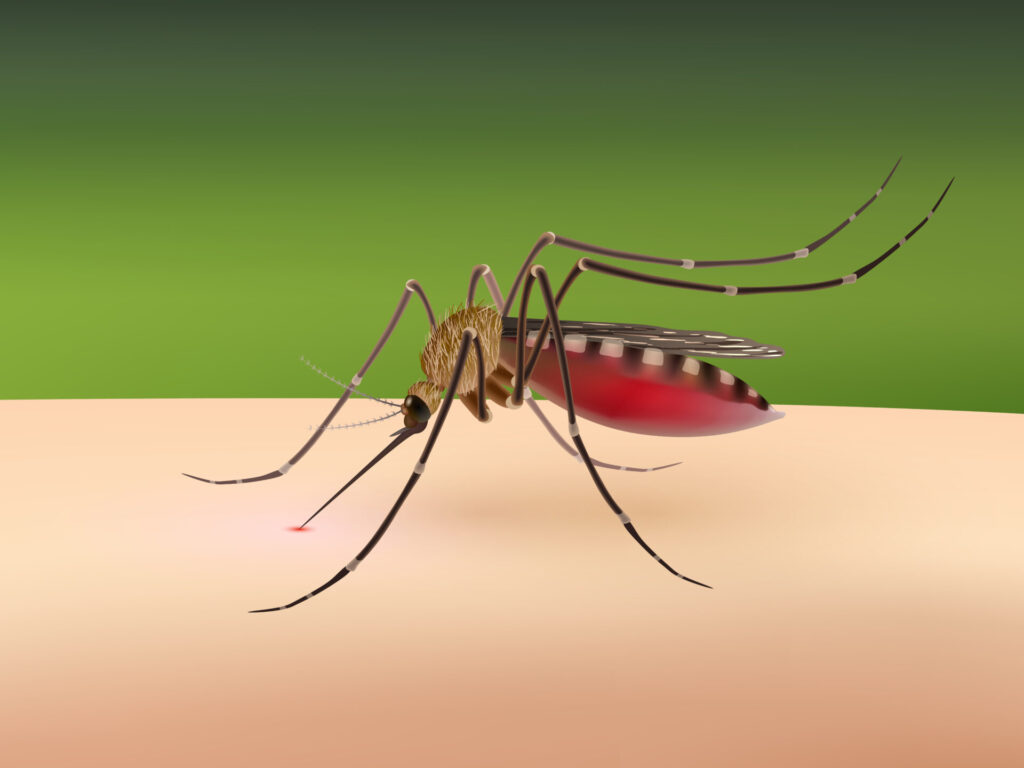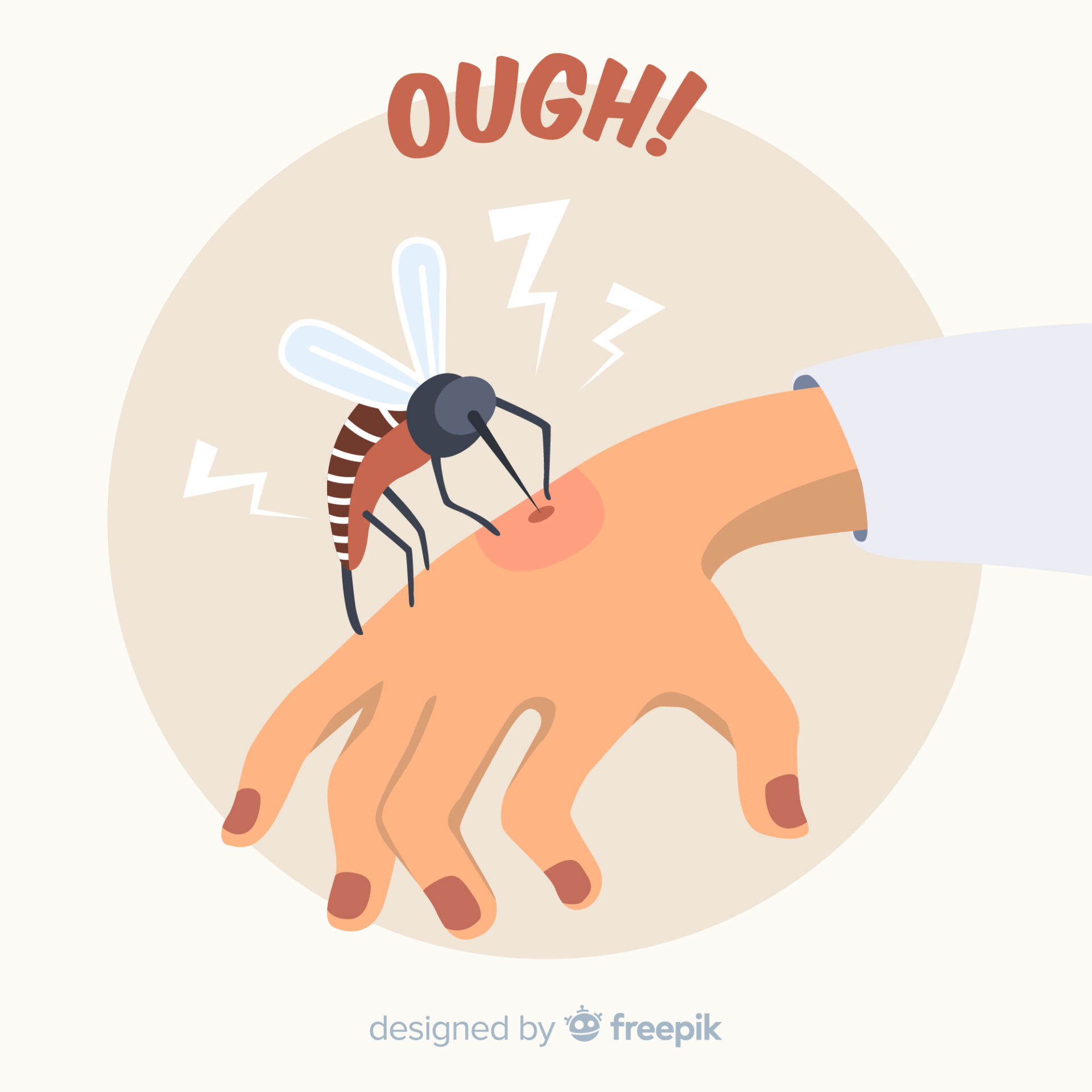5 Misconceptions About Dengue Fever: Debunking Common Myths for Clarity
Contents
- 1 5 Misconceptions About Dengue Fever: Debunking Common Myths for Clarity
- 1.1 Introduction
- 1.2 1. Misconception: Dengue Only Occurs in Tropical Regions.
- 1.3 2. Misconception: Dengue Is Spread Through Direct Person-to-Person Contact.
- 1.4 3. Misconception: All Mosquitoes Can Transmit Dengue.
- 1.5 read more posts
- 1.6 4. Misconception: Dengue Fever Is Always Fatal.
- 1.7 5. Misconception: Having Dengue Once Makes You Immune for Life.
- 1.8 read more posts
- 1.9 Conclusion
- 1.10 read more posts
- 1.11 FAQs about Misconceptions About Dengue Fever with Answers:
- 1.12 read more posts
Read DISCLAIMER
Discover the truth about dengue fever by debunking five common misconceptions. Understand its transmission, severity, immunity, and global presence for better prevention and awareness.
Introduction

A common virus spread by mosquitoes, dengue fever is frequently associated with myths and beliefs that can cause anxiety, misinformation, and insufficient preventative measures. In order to effectively prevent dengue and distribute correct information, it is imperative that these myths be addressed. This essay seeks to dispel five widespread myths about dengue fever, offering readers clarity and objective ideas to enable them to take action against this public health issue.
1. Misconception: Dengue Only Occurs in Tropical Regions.
Reality: Due to ideal mosquito breeding circumstances, dengue is more common in tropical and subtropical climates, although it may also occur in urban and semi-urban areas globally. Numerous nations have recorded dengue outbreaks, highlighting the significance of taking preventative measures even in non-tropical areas.
2. Misconception: Dengue Is Spread Through Direct Person-to-Person Contact.
Reality: Aedes mosquitoes, particularly Aedes aegypti and Aedes albopictus, carry the dengue virus and spread the illness through bites. It doesn’t transfer straight from one person to another. For the purpose of concentrating preventative efforts on mosquito control and bite avoidance techniques, it is imperative to comprehend this mechanism of transmission.

3. Misconception: All Mosquitoes Can Transmit Dengue.
Reality: The dengue virus can only spread among female Aedes mosquitoes that are specially afflicted. Water source removal is an essential preventative strategy since stagnant water containers serve as breeding grounds for Aedes mosquitoes.
read more posts
4. Misconception: Dengue Fever Is Always Fatal.
Reality: The majority of cases of dengue fever are minor and can be effectively treated with appropriate medical attention and hydration. Severe instances, such as Dengue Hemorrhagic Fever (DHF) and Dengue Shock Syndrome (DSS), can be fatal if not treated quickly.
5. Misconception: Having Dengue Once Makes You Immune for Life.
Reality: The dengue virus has four different serotypes: DEN-1, DEN-2, DEN-3, and DEN-4. Immunity to the other serotypes is not guaranteed by exposure to one. In actuality, the chance of developing serious dengue complications including DHF and DSS might rise with recurrent infections with distinct serotypes.
read more posts
Conclusion
To sum up, dispelling myths around dengue fever is crucial to promoting truthful awareness and practical precautions. Dispelling these myths aids in educating people and communities about the actual nature of dengue, including the idea that it only affects tropical areas, the misperception about how it spreads, the idea that it is immunity-related, and the idea that the disease is not serious.
It is critical to stress the role played by Aedes mosquitoes in dengue transmission, the possibility of dengue outbreaks in different climates, the necessity of continuous preventative measures, and the dangers of multiple serotype illnesses. In order to prevent dengue and take proactive measures to battle it, it is essential to provide the public with accurate information. This will eventually lead to better public health results.
read more posts
FAQs about Misconceptions About Dengue Fever with Answers:
Q1: Can dengue fever be transmitted from person to person?
A1: Dengue is transmitted through the bite of infected Aedes mosquitoes and does not spread directly from person to person.
Q2: Are all mosquitoes capable of transmitting dengue?
A2: Only female Aedes mosquitoes, infected with the dengue virus, can transmit the disease.
Q3: Can you get dengue if you live in a non-tropical region?
A3: Yes, dengue outbreaks can occur in urban and semi-urban areas worldwide, not just in tropical regions.
Q4: Is dengue fever always fatal?
A4: While severe cases can be life-threatening, most cases of dengue fever are mild and can be treated with proper medical care.
Q5: Can you get dengue more than once?
A5: Yes, exposure to one serotype doesn’t guarantee immunity to others. Multiple serotype infections can occur, increasing the risk of severe complications.
Q6: Is there a specific treatment for dengue fever?
A6: Treatment involves supportive care and hydration. Severe cases may require hospitalization and close monitoring.
Q7: How long does it take for dengue symptoms to appear after a mosquito bite?
A7: Dengue symptoms typically appear within 4 to 10 days after being bitten by an infected mosquito.
Q8: Can mosquitoes transmit dengue through other means besides bites?
A8: No, dengue is primarily transmitted through mosquito bites and does not spread through other means.
Q9: Is dengue fever contagious from an infected person?
A9: Dengue does not spread directly from person to person. It requires the bite of an infected mosquito.
Q10: Can children and older adults get dengue fever?
A10: People of all ages are susceptible to dengue if bitten by an infected mosquito.
Q11: Can dengue fever be prevented through vaccination?
A11: Vaccines for dengue prevention are available but may not be universally accessible. Preventive measures against mosquito bites are crucial.
Q12: Can pets spread dengue fever?
A12: Pets cannot transmit dengue. The disease is transmitted only through infected mosquito bites.
Q13: Can dengue fever be mistaken for other illnesses?
A13: Dengue symptoms may resemble those of other febrile illnesses. Medical evaluation and testing are necessary for accurate diagnosis.
Q14: Are pregnant women at higher risk of severe dengue?
A14: Pregnant women infected with dengue should seek immediate medical attention as they might be at higher risk of severe complications.
Q15: Are there any long-term effects of dengue fever?
A15: In severe cases, dengue can lead to prolonged fatigue or organ impairment, requiring ongoing medical attention.

I like this web site very much, Its a real nice place to read and incur information.!